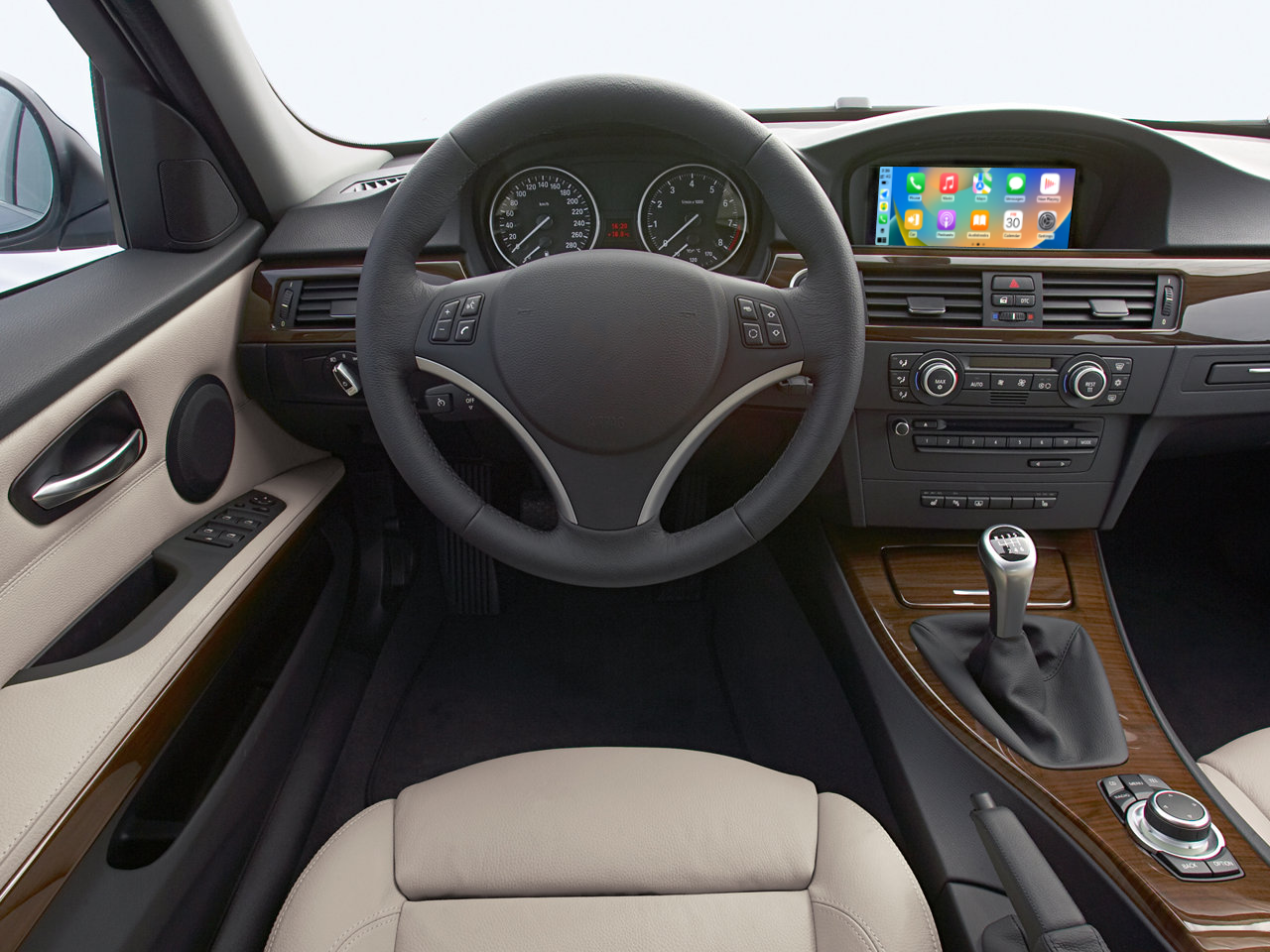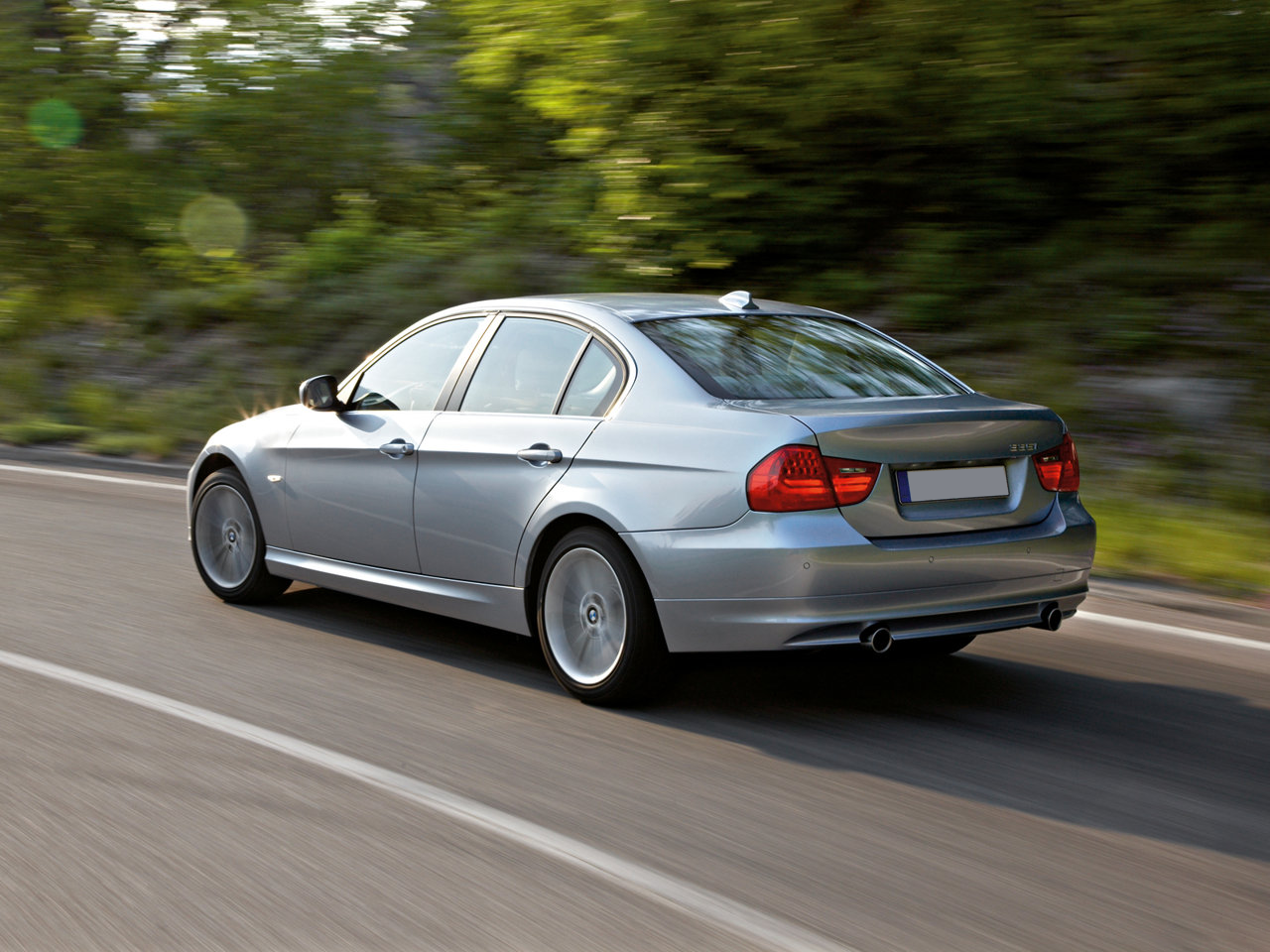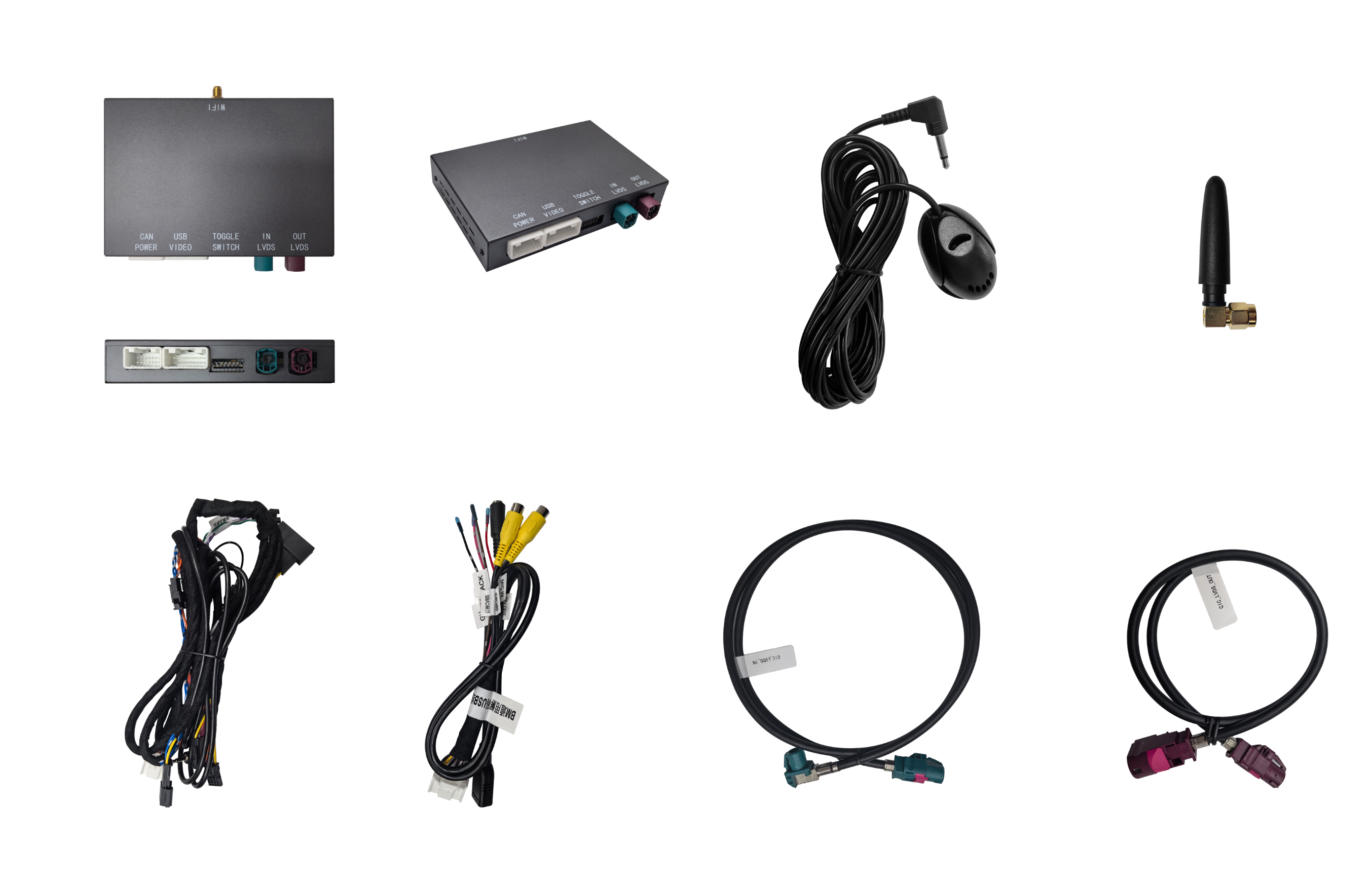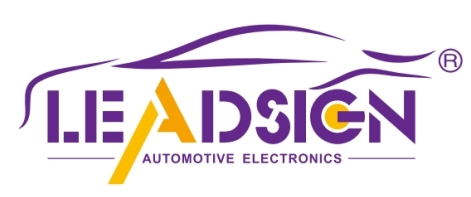Exploring the Benefits and Limitations of Wireless Apple CarPlay Adapter for Car

Imagine driving without the hassle of messy, tangled wires. An Apple CarPlay adapter for car allows you to enjoy that freedom wirelessly. It connects your iPhone effortlessly and makes everything incredibly convenient. However, is it without its flaws? Some users experience connection issues or feel it might be too expensive. So, is this the right choice for you?
Key Takeaways
Wireless Apple CarPlay adapters remove tangled wires, keeping your dashboard neat.
Wireless CarPlay is handy but might disconnect and use more battery.
Check if your car works with it and your budget before picking wireless or wired CarPlay for a better drive.
Pros of Using a Wireless Apple CarPlay Adapter for Car

Easy and No-Cable Use
Using wireless CarPlay means no more messy cables. Imagine getting in your car, and your iPhone connects by itself. You don’t need to plug it in every time you drive. This saves time and effort. Siri lets you make calls, send texts, or use maps without touching your phone. It’s easier and safer for driving.
Tip: A wireless setup keeps your dashboard neat and clean.
Works Well with Newer Cars
Wireless CarPlay adapters work great with modern car systems. Most new cars, over 80%, support wireless CarPlay. If your car only has wired CarPlay, an adapter can fix that. Good adapters use Bluetooth and Wi-Fi for smooth use. Check if it works with your car before buying to avoid problems.
Cleaner and Better-Looking Dashboard
No wires mean your car looks nicer and more organized. Your dashboard stays clean and modern. This is perfect for people who like a simple design. A wireless Apple CarPlay adapter for car keeps things tidy while giving you all the CarPlay features.
More Charging Choices
Wireless CarPlay gives you more ways to charge your phone. Since it’s not plugged into the system, you can place it anywhere. Use a wireless charger or another USB port to keep it charged. This makes driving easier and more comfortable.
Cons of Wireless Apple CarPlay Adapters
Problems with Connection and Delays
Wireless CarPlay isn’t always as steady as wired CarPlay. Sometimes, there are delays or the connection might stop working. This happens because wireless signals can get interrupted. For example:
Watching videos might pause if the signal is weak.
Losing signal can mess up maps or stop your music.
These problems can make driving harder if you depend on CarPlay. Wired CarPlay is more stable since it doesn’t rely on wireless signals.
Note: If you often have connection troubles, check if your adapter works well with your car.
Costs More Than Wired CarPlay
Wireless CarPlay adapters usually cost more money. They are handy and keep your car neat, but they’re pricier. Wired CarPlay is cheaper and works more reliably. If you’re on a budget, think about the good and bad points before buying.
Doesn’t Work with Older Cars
Not every car can use wireless CarPlay. Older cars, especially those without built-in screens, might not support it. Even if your car has wired CarPlay, you need to check if the adapter fits your car model. Some adapters, like the Booster Wireless Adapter, work with over 800 car models from 2017 to 2024. Always check compatibility to avoid problems.
Drains iPhone Battery Faster
Wireless CarPlay uses more of your iPhone’s battery. Since it’s not plugged in, your phone works harder to stay connected. Using maps or playing music can make the battery drain faster. To keep your phone charged, use a wireless charging pad or USB charger while driving.
Comparing Wireless CarPlay to Wired CarPlay

Performance and Stability Differences
Wired CarPlay works better for steady performance. It stays connected because it doesn’t use wireless signals. You won’t have delays or interruptions, even in areas with weak networks. This makes it great for smooth navigation and music streaming.
Wireless CarPlay removes the need for cables, making driving easier. But, it sometimes has connection problems. Weak signals can cause delays or stop it from working. This can be annoying on long trips. If you want a stable option, wired CarPlay is a better choice.
Ease of Setup and Daily Use
Wireless CarPlay is simple to use every day. It connects by itself when you start your car. You don’t need to plug in your iPhone, saving time. Many new cars, like BMW, Ford, and Honda, support wireless CarPlay. You can also place your phone anywhere in the car for convenience.
Wired CarPlay is easy to set up too. Just find the USB port in your car and connect your iPhone with a cable. While simple, you have to plug it in each time, which can feel less convenient than wireless.
Cost and Value for Money
Wired CarPlay costs less and is budget-friendly. It gives reliable performance without needing extra adapters or upgrades.
Wireless CarPlay adapters cost more but offer extra convenience. They make your car look cleaner and more organized. If you like a cable-free setup, the higher price might be worth it. Think about your budget and how much you value convenience before choosing.
Long-Term Durability and Maintenance
Wired CarPlay can wear out over time. Plugging and unplugging often can damage cables and USB ports. This might lead to extra repair costs.
Wireless CarPlay avoids this problem. Without cables, there’s no wear and tear on ports. This makes it last longer. But, you’ll need to check if your adapter works with future car updates.
Deciding between wired and wireless CarPlay depends on your needs. Wireless CarPlay is super handy, with no cables to manage. It keeps your dashboard neat but can drain your phone’s battery faster. It might also have connection problems sometimes. Wired CarPlay, however, is steady and charges your phone reliably.
Here’s a simple comparison to guide you:
Feature | Wired CarPlay | Wireless CarPlay |
|---|---|---|
Convenience | Needs plugging in every time | |
Performance | More stable and faster | Can lag or disconnect in weak signals |
Compatibility | Works with most newer cars | Only for some high-end models |
Battery Drain | Uses very little battery | Drains battery faster without charging |
If you like ease and a tidy car, go wireless. But if you want steady use and lower cost, pick wired. Think about your budget, car type, and driving style before choosing.
FAQ
How can I tell if my car has wireless CarPlay?
Look at your car’s manual or check the maker’s website. If your car has wired CarPlay, an adapter can make it wireless.
Can Android phones work with wireless CarPlay?
No, wireless CarPlay is only for iPhones. Android users need Android Auto or a special adapter.
Does wireless CarPlay drain my phone battery faster?
Yes, it uses more battery because of Wi-Fi and Bluetooth. Use a USB charger or wireless pad to keep your phone charged.

